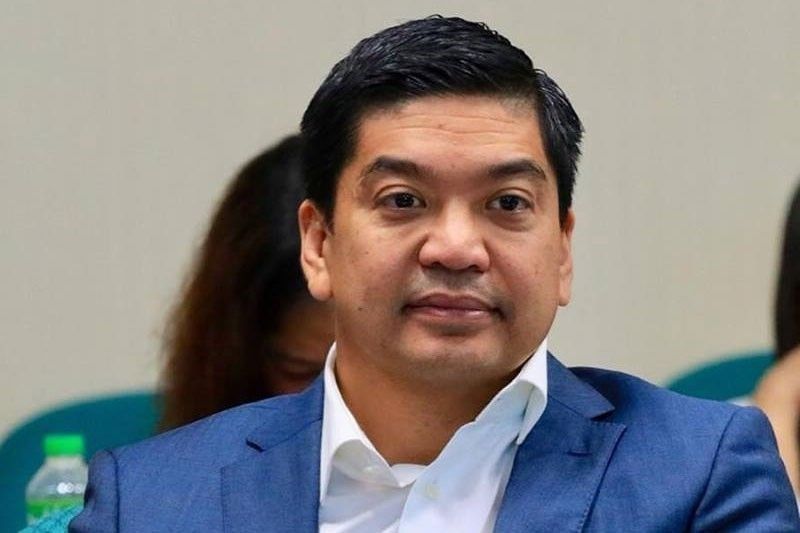‘1st half of presidency best time for Cha-cha’

MANILA, Philippines — The best time to draft new economic provisions in the 1987 Constitution is within the first half of any administration, according to one of the proponents of the Constitutional Commission that will make such changes.
Camarines Sur 2nd District Rep. LRay Villafuerte observed that attempts to amend the Charter in all administrations since 1986 failed because these were all done at the tail end of their administrations.
“This simply means that these attempts never prospered because they pushed Charter change after the midterm elections. That is why people have suspected that these are politically motivated,” Villafuerte said.
Such had been the case in the administrations of the late former president Fidel Ramos (1992 to 1998) and former presidents (and now Senior Deputy Speaker) Gloria Macapagal-Arroyo (2001 to 2010) and Rodrigo Duterte (2016-2022).
The short-lived administration of former president Joseph Estrada, who was ousted in January 2001 after serving only more than two years in office, suffered the same fate. Estrada was the vice president before winning the May 1998 presidential elections.
Charter change also was raised shortly after the late Benigno Aquino III assumed office, but he immediately thumbed it down, mostly or in part due to an emotional attachment to the Charter, which is sometimes touted as the “Cory Constitution.”
“I think I also have to make this clear that we really have to have a constitutional change because this has been done during the time of FVR (Ramos), GMA (Arroyo) and Duterte, but they all failed mainly because of timing. It’s because after the midterm elections, suspicions on extension of terms of elective officials have always been there,” Villafuerte said.
The Bicolano lawmaker, along with Representatives Rufus Rodriguez of Cagayan de Oro’s 2nd District, who chairs the House of Representatives committee on constitutional amendments, and Ron Salo of Kabayan party-list, among others, wants the election of constitutional convention (con-con) delegates to coincide with barangay and Sangguniang Kabataan elections this October.
“Let the delegates be elected, and let’s give them a timetable: for example one year, to propose amendments to the Constitution, where a plebiscite may then be held to get the Filipinos’ sentiments whether Charter change is indeed necessary,” Villafuerte said
“I think majority of Congress prefer that we form a con-con,” he added.
Villafuerte, however, reassured the general public that both senators and congressmen only want to touch the prohibitive economic provisions in the fundamental law of the land and not term extensions for politicians.
“This will still undergo a plebiscite. But we in Congress, what we really want to touch on are the economic provisions, and that is our priority,” he said.
The lawmaker filed House Bill 4926, or the proposed Constitutional Convention Act, in September last year. It aims to introduce “economic and political reforms” in the fundamental law of the land, by way of a con-con this year.
He said he filed the measure in an attempt to rid the country’s main Charter of its perceived “antiquated or inapt” provisions, which resulted in the Philippines’ lagging behind its Asian neighbors.
“The clamor for Charter change has always been relevant; however, calls for genuine constitutional reforms have taken a backseat because of perceived controversies and allegations of corruption in previous administrations,” he added.
Meanwhile, Villafuerte lamented that Filipinos take severe punishment from corruption, high prices, inequitable distribution of income and a lopsided playing field when it comes to foreign investments.
“Thus, while it is a given that the present Charter needs to go through the process of revision, this should be done with much deliberation and in a transparent and trustworthy atmosphere,” he said.
- Latest
- Trending































